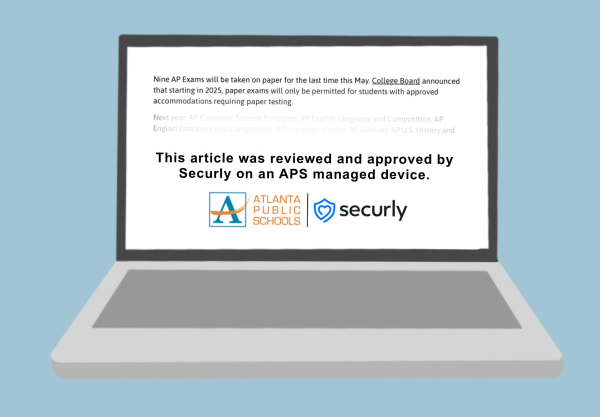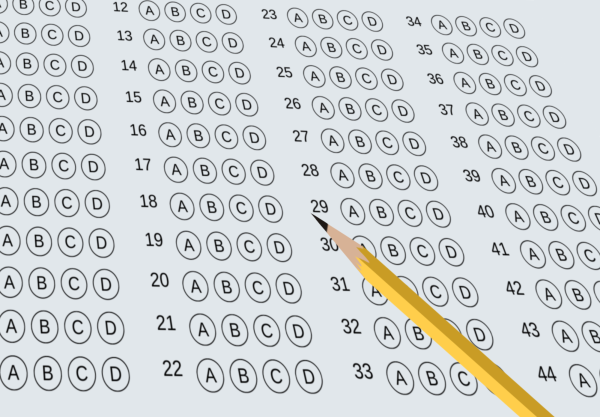Head to Head: Retakes do not prepare students for real life
October 3, 2017
 Grady’s new retake policy may help students pad their GPA’s, but it does nothing to prepare them for college or the real world. This means that if you are not happy with your initial grade, you have an opportunity to wipe the slate clean and try again.
Grady’s new retake policy may help students pad their GPA’s, but it does nothing to prepare them for college or the real world. This means that if you are not happy with your initial grade, you have an opportunity to wipe the slate clean and try again.
While letting students retake quizzes supposedly helps prepare them for further education, forcing them to learn the material to retake the quiz can actually hurt them. The rationale behind the policy is that students will have an incentive to learn the information after their initial assessment. However, this system is often abused by students who don’t study for the quiz or tests the first time, do poorly, then retake and still receive full credit on the assessment. This policy is also unrealistic, as the majority of colleges do not offer retakes. Grady alum and Georgia Tech student Catherine Moore had a rude awakening when examining her class syllabi during her first day of classes.
“There are no retakes in college,” Moore said. “They were not mentioned in any class.”
If students become accustomed to the new retake policy, they could approach other assessments in college with the same philosophy: “I can always just retake it.” Without the possibility of retaking assessments, students could do poorly on their first and only try and be stuck with the grade they got. This cycle could be detrimental to students in their transition to college.
By the same token, students have to take standardized tests as well as Advanced Placement (AP) exams to get into the college they want. While students are able to retake the SAT or ACT, some colleges request all of the scores that you have ever earned. Colleges may not let students in if their original scores were subpar. However, AP tests cannot be retaken. Colleges look closely at these scores to get a better picture of how a student would perform in collegiate classes. Going into AP tests with the mentality that you could retake them could poorly affect your college acceptances.
In addition to collegiate disadvantages, retakes set unrealistic standards in the minds of students that could hinder their work in the real world. If you neglect to pay your rent or mortgage, you get evicted. If you don’t turn in a proposal, you may lose your job. Once you enter the workforce, it is unlikely that your boss will offer you a retake.
The ability to finish tasks well and on time is a value that should be instilled in children for their whole lives. If Grady continues with this retake policy, it creates a culture where students think it is okay to complete tasks lazily and untimely, which is counterproductive and only serves to hurt students in the future.
In addition to the detrimental effects that the retake policy has on students, teachers also have the burden of more tests to grade and create. For reassessment opportunities, most teachers create a new set of questions, schedule tutorial times and grade a whole new group of tests. If this becomes too much work for a teacher, they simply reuse the old test, which is unfair to diligent students who studied the first time. Additionally, students can often go over the assessment they took, memorize the correct answers and then take the same test as before.
As a student, I can appreciate the retake policy. It allows me to score badly on a test or quiz and make them up when I have time to study. However, as someone who plans to go to college, I realize that adopting the retake mentality could harm my work in the future, both in school and life. The retake policy is harmful long term; students should be cautious as they take advantage of this policy and think more about the impact it could have on their futures.












jacob • Sep 12, 2020 at 12:21 pm
I completely disagree with you
Here’s why
Actually you know why. IF a student does a retake it does not mean they will be unprepared for the rest of their lives. Teachers should make a better job explaining instead of repeating the same confusing concepts and making study guides that are nothing alike the test.